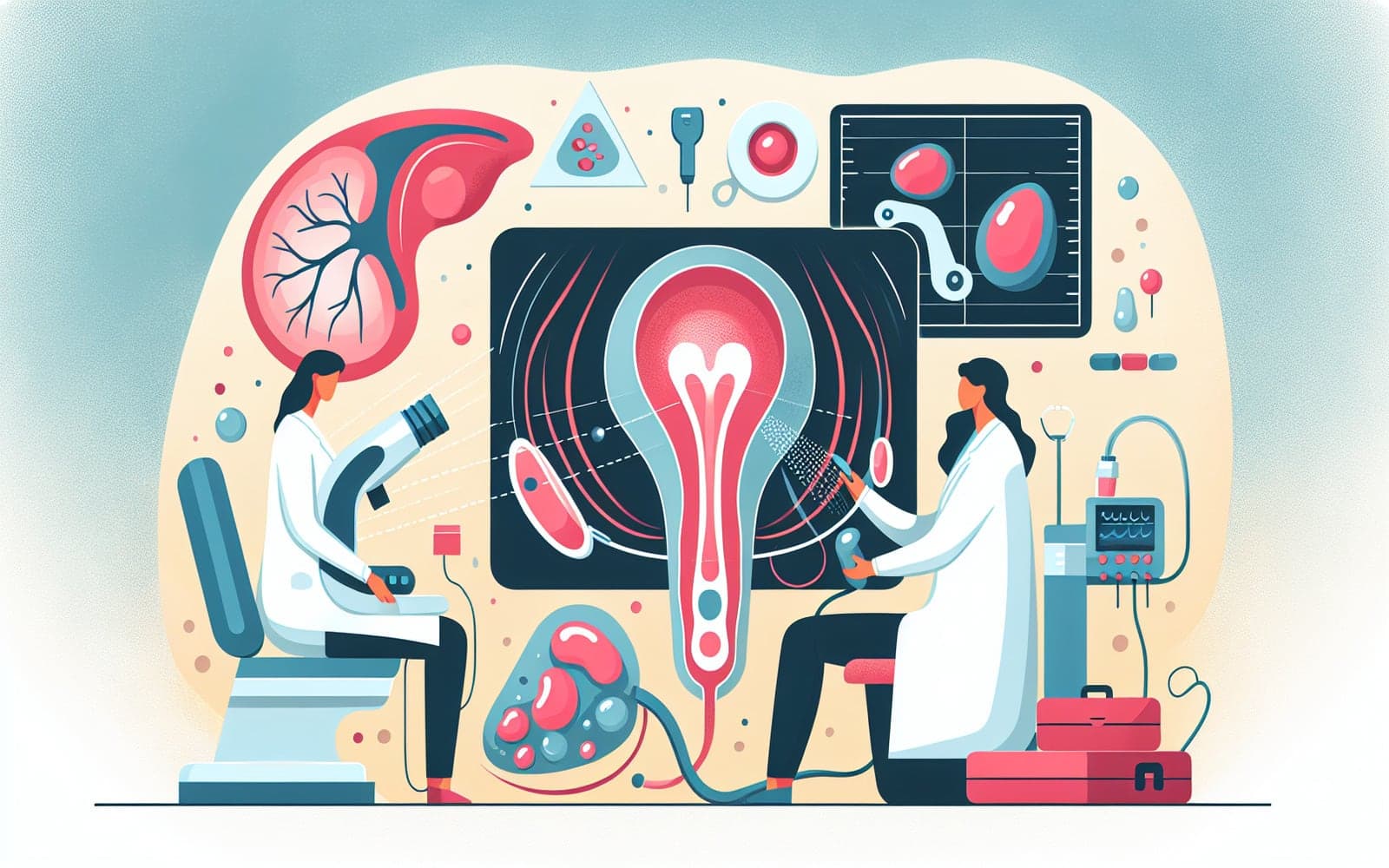How Are Salivary Gland Stones Diagnosed and Treated?
Published: Jul 15, 2024

Medically reviewed by Jerome Albert Ecker | MD, Assistant Professor of Medicine, Duke University - Durham, NC on July 15th, 2024.
When it comes to salivary gland stones, how do doctors figure out what's wrong and fix it? Let's explore the process.
Contents
Spotting the Signs
Doctors diagnose salivary gland stones through a combination of symptoms and physical exams. Pain and swelling often occur with eating, and stones can sometimes be felt or seen in the mouth. Imaging techniques like CT scans and ultrasounds help confirm the diagnosis.
Conservative Management
Treatment often starts with simple home remedies. Staying hydrated, applying warm compresses, and sucking on sour candies can help in mild cases. Pain relief is usually managed with NSAIDs, and antibiotics are prescribed if an infection is suspected.

Advanced Treatment Options
For stubborn stones, minimally invasive procedures like sialoendoscopy may be necessary. This involves using tiny tools to remove stones through the ducts. In rare cases, surgical removal of the affected gland might be required.
Frequently Asked Questions
Through symptoms, exams, and imaging like CT scans.
Hydration, warm compresses, and sour candies can help.
Surgery is considered if stones don't respond to other treatments.
It's a minimally invasive way to remove stones.
Key Takeaways
Early diagnosis and treatment are key to managing salivary gland stones.
Think you might have a stone? Try discussing your options with Doctronic!Related Articles
References
Thomas WW, Douglas JE, Rassekh CH. Accuracy of Ultrasonography and Computed Tomography in the Evaluation of Patients Undergoing Sialendoscopy for Sialolithiasis. Otolaryngol Head Neck Surg 2017; 156:834.
Zenk J, Koch M, Klintworth N, et al. Sialendoscopy in the diagnosis and treatment of sialolithiasis: a study on more than 1000 patients. Otolaryngol Head Neck Surg 2012; 147:858.
This article has been reviewed for accuracy by one of the licensed medical doctors working for Doctronic. Always discuss health information with your healthcare provider.

